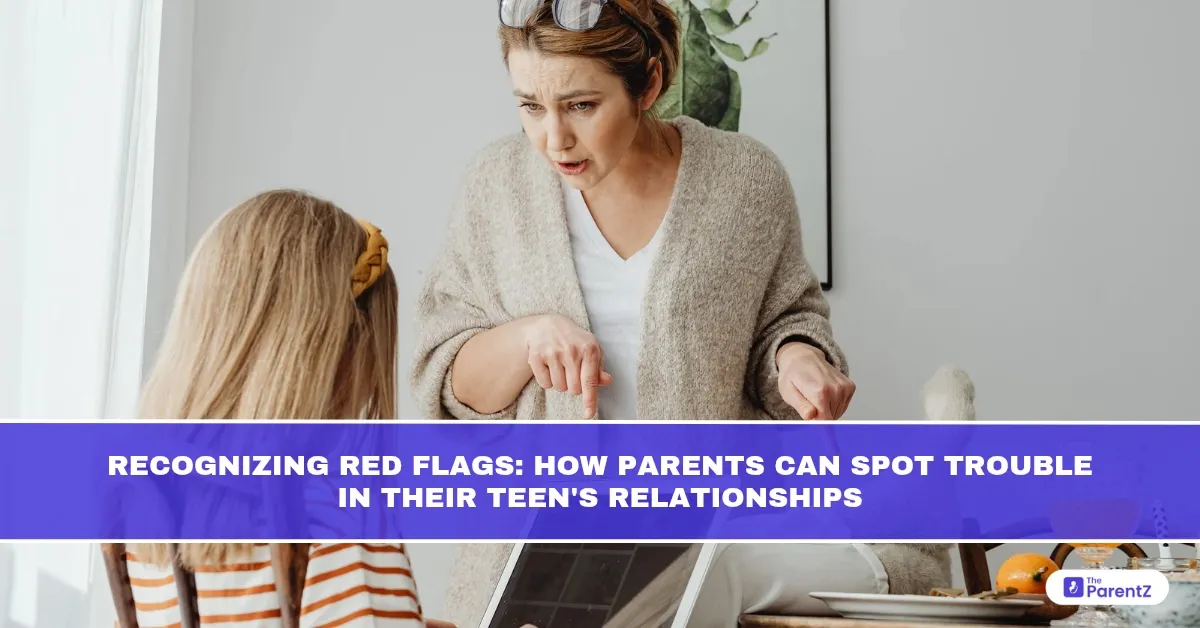Teenage relationships can be sweet, intense, and deeply emotional. They’re often a young person’s first experience of intimacy, vulnerability, and heartbreak. But sometimes, amid the flurry of texts, late-night calls, and weekend plans, signs of something darker begin to surface — and that’s where you, as a parent, come in.
So, how do you know when it’s more than just teenage drama? Read this article to recognize the signs of toxic teen relationships and how you can help your child.
What Healthy Actually Looks Like
Before identifying red flags, it helps to understand what a healthy relationship looks like for teens. These relationships should be based on mutual respect, trust, support, and independence.
If you notice that their relationship seems to revolve around stress, control, or fear — it’s time to look closer.
5 Subtle Signs That Parents Shouldn’t Ignore
Sometimes, red flags don’t show up as bruises or screaming matches. They come quietly — in silences, shifts, and changes in behavior. Here’s what you need to stay alert to:
1. Withdrawal from Friends or Family
If your once-chatty teen is suddenly avoiding family dinners, missing hangouts with old friends, or hesitating to talk about their partner, it could be a sign that the relationship is isolating.
2. Sudden Mood Changes
Teens are moody by nature. But if your child seems unusually anxious, scared, or on edge — especially around their phone or social media — pay attention. This can be a sign of emotional manipulation or digital control.
3. Loss of Self-Worth
Statements like “I’m not good enough” or “They get mad when I wear this” are red flags that your teen may be in a relationship where they are constantly criticized or made to feel inferior.
4. Excessive Communication Demands
A healthy partner doesn’t need constant updates or access to every password. If your teen is pressured to respond immediately or share private information, that’s a warning sign.
5. Fear of Ending the Relationship
Teens may say things like, “I want to break up, but they’ll freak out.” Emotional blackmail or threats of self-harm if the relationship ends are serious signs of abuse.
Effective Tips For Parents To Approach Teen Dating
Teens are fiercely protective of their independence, especially when it comes to relationships. Coming in too strong can make them shut down — or even pull closer to the unhealthy relationship out of defiance or fear. Here’s how you can approach it:
- Start with empathy, not interrogation. Try saying ‘You’ve seemed stressed lately. Do you want to talk about it?’
- Validate their feelings. Avoid saying things like ‘That’s not love.’ Instead, say, ‘You deserve a relationship where you feel safe and respected.’
- Stay curious, not judgmental. Ask open-ended questions, such as ‘How do you feel when you’re with them?’ or ‘What happens when you disagree?’
- Open doors, not ultimatums. Let them know they can always come to you without fear of punishment, blame, or ‘I told you so.’
Final Thoughts
You can’t choose your teen’s partner. But you can choose to be their safety net. Pay attention. Stay connected. Let them know that no matter what, your love is not conditional — and that there is nothing they can’t share with you.





Be the first one to comment on this story.